When white supremacists took to the streets of Charlottesville, Virginia, last month at the Unite the Right rally, counterprotesters showed up to beat back their message of hate and intimidation with a showing of unity. Now, Charlottesville resident, Philadelphia Eagles defensive end Chris Long and his wife Megan are fighting back against bigotry in their community by making a positive contribution to the city’s youth.
“In August, we watched people fill our hometown streets with hatred and bigotry,” Long said in a statement. “Megan and I decided to try to combat those actions with our own positive investment in our community.” Long is donating his earnings from six games this season to pay for two Charlottesville middle-school children to attend seven-year, all-expenses-paid school programs at Long’s alma mater, St. Anne’s-Belfield School. The scholarships will be administered through St. Anne’s-Belfield School and awarded to students affiliated with the Boys & Girls Clubs of Central Virginia.
This isn’t the first time Long has worked to empower disenfranchised communities. In 2015, he launched The Chris Long Foundation, which helps raise money for the Waterboys Initiative dedicated to building wells for communities in East Africa. So far, the initiative has funded 24 wells in the region. According to its website, “Waterboys unites NFL players from across the league in service. As Waterboys, players put aside allegiance and team up with fans in support of a single shared cause: providing clean, accessible drinking water to rural communities in East Africa.”
Long also recently made a powerful gesture of solidarity with a black teammate. He put his hand on the back of Malcolm Jenkins’ jersey as he sat during the national anthem before a preseason game against the Buffalo Bills. “I’ve heard a lot of people say you need white athletes to get involved in the anthem protests,” Long said, per ESPN. “I’ve said before I’ll never kneel for an anthem because the flag means something different for everybody in this country, but I support my peers. And if you don’t see why you need allies for people that are fighting for equality right now, I don’t think you’ll ever see it.”







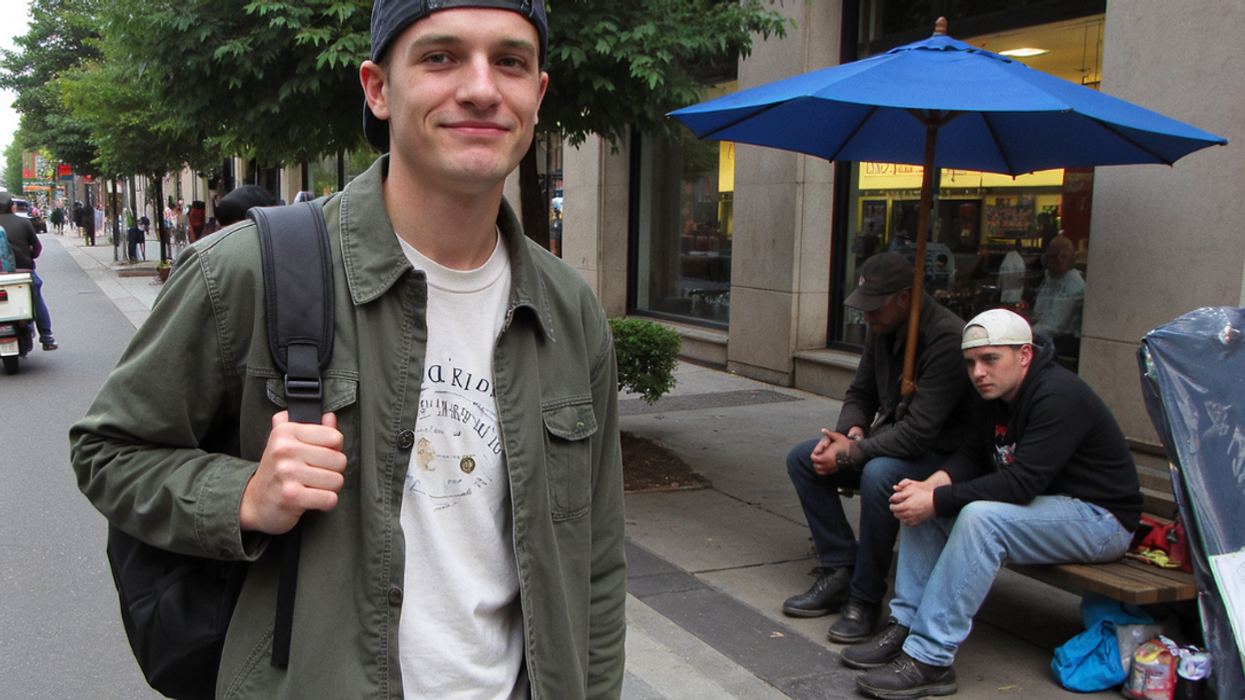


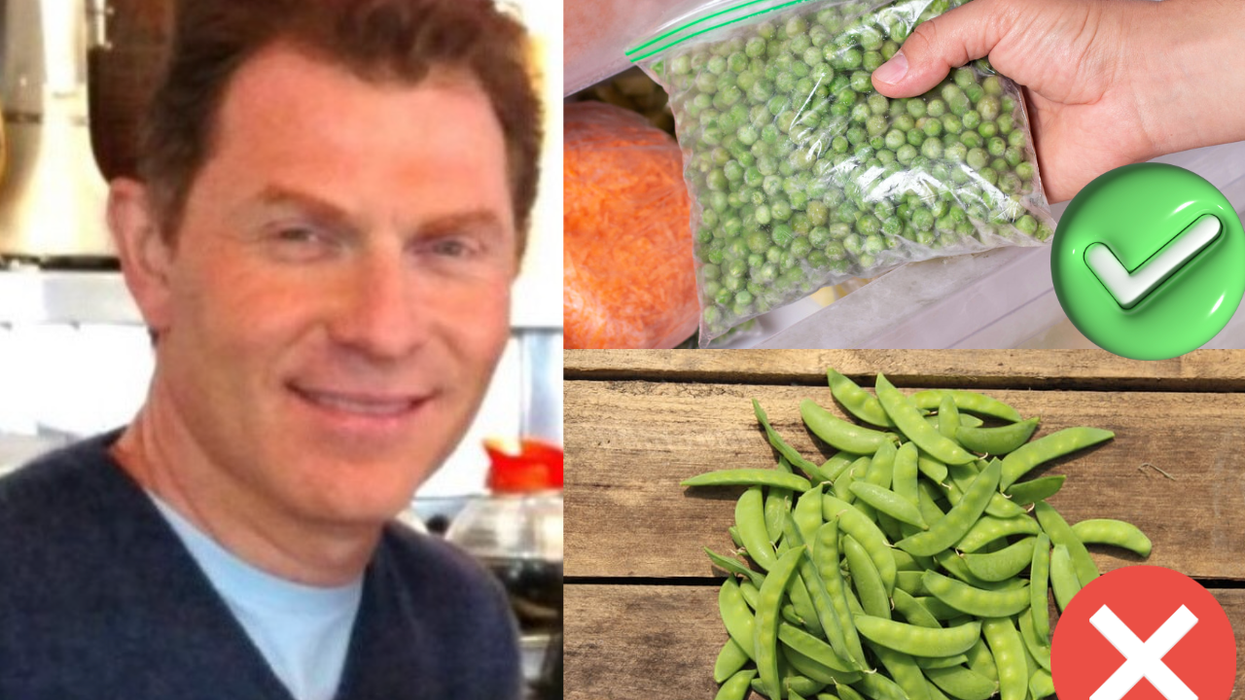

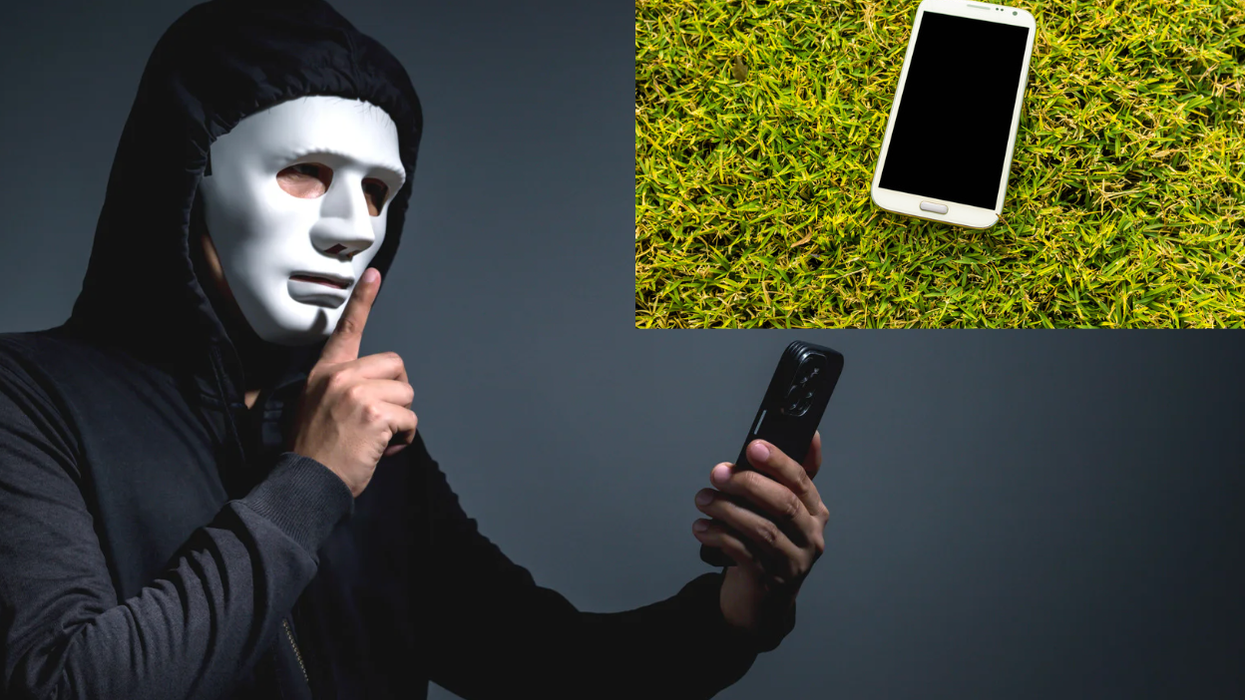
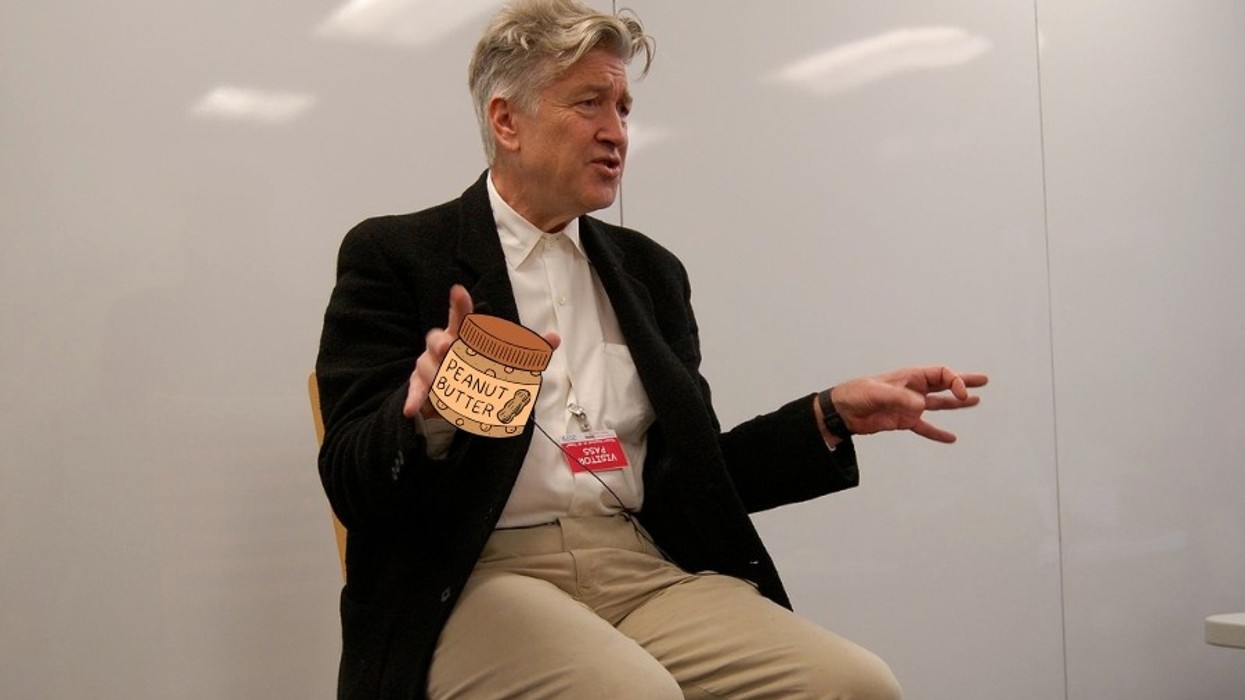

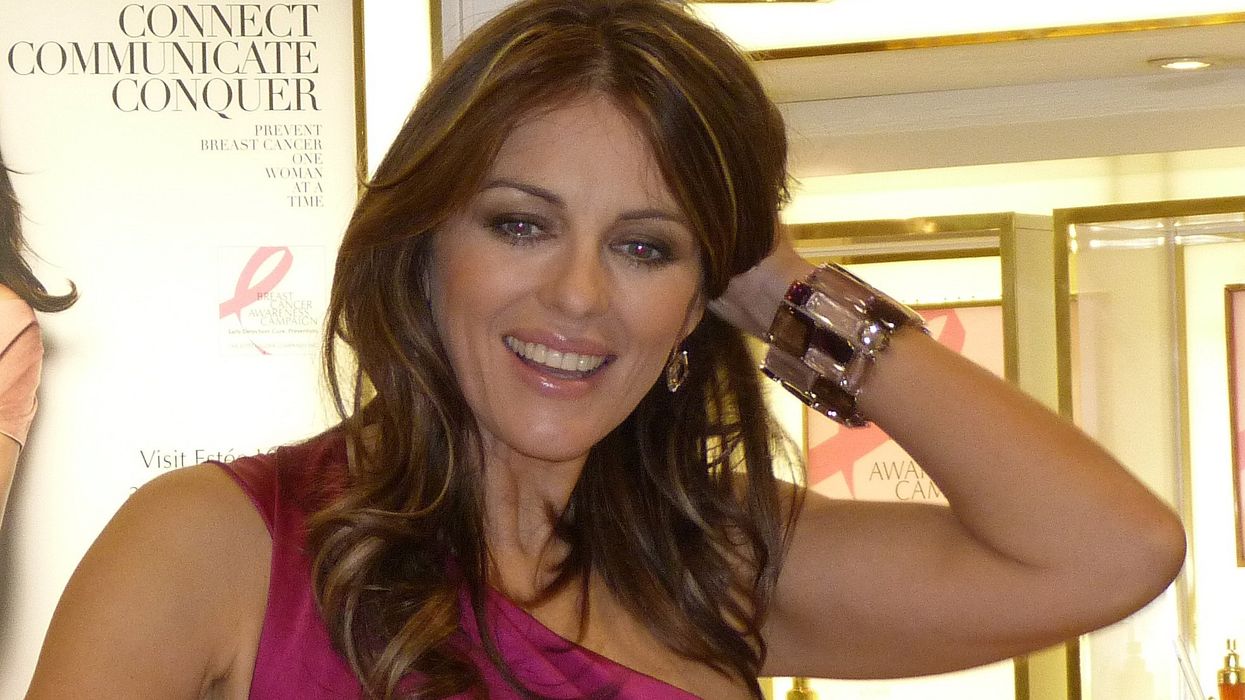


 Wiman hiding her face behind a bunch of cashCanva
Wiman hiding her face behind a bunch of cashCanva A mansion and its reflection in the swimming poolCanva
A mansion and its reflection in the swimming poolCanva Salzburg at nightCanva
Salzburg at nightCanva Fancy homeCanva
Fancy homeCanva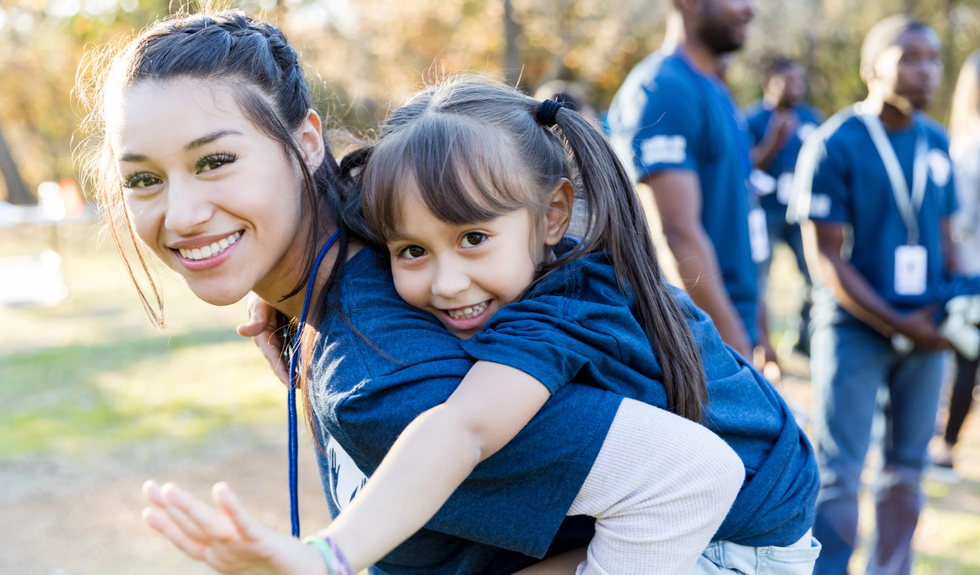 Happy volunteersCanva
Happy volunteersCanva
 Parents of young children get more time with them if they work from home.Photo credit: Canva
Parents of young children get more time with them if they work from home.Photo credit: Canva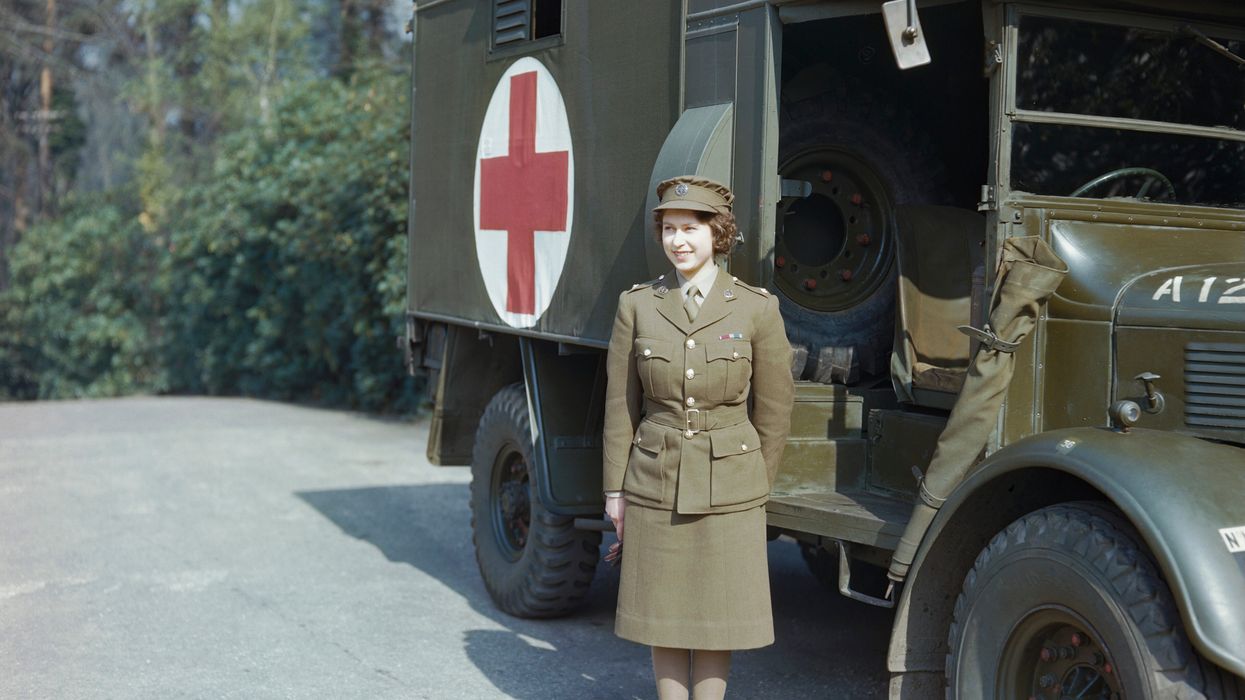



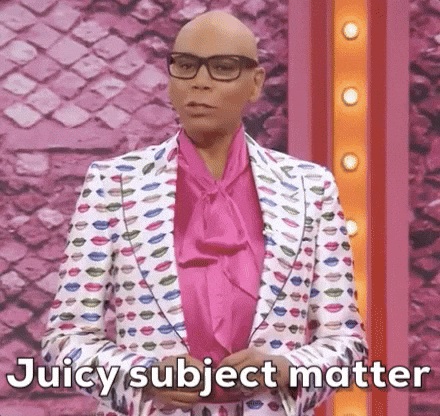 Juicy subject matter
Juicy subject matter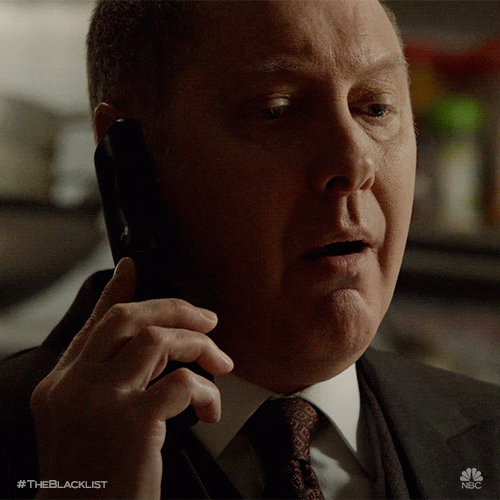 Giphy from The Blacklist.
Giphy from The Blacklist.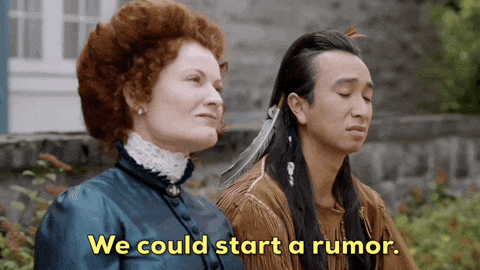 We could start a rumor.
We could start a rumor.
Grieving couple comforting each other
This response to someone grieving a friend might be the best internet comment ever
When someone is hit with the sudden loss of a friend or loved one, words rarely feel like enough. Yet, more than a decade ago, a wise Redditor named GSnow shared thoughts so profound they still bring comfort to grieving hearts today.
Originally posted around 2011, the now-famous reply was rediscovered when Upvoted, an official Reddit publication, featured it again to remind everyone of its enduring truth. It began as a simple plea for help: “My friend just died. I don't know what to do.”
What followed was a piece of writing that many consider one of the internet’s best comments of all time. It remains shared across social media, grief forums, and personal messages to this day because its honesty and metaphor speak to the raw reality of loss and the slow, irregular path toward healing.
Below is GSnow’s full reply, unchanged, in all its gentle, wave-crashing beauty:
Why this advice still matters
Mental health professionals and grief counselors often describe bereavement in stages or phases, but GSnow’s “wave theory” gives an image more relatable for many. Rather than a linear process, grief surges and retreats—sometimes triggered by a song, a place, or a simple morning cup of coffee.
In recent years, this metaphor has found renewed relevance. Communities on Reddit, TikTok, and grief support groups frequently reshare it to help explain the unpredictable nature of mourning.
Many readers say this analogy helps them feel less alone, giving them permission to ride each wave of grief rather than fight it.
Finding comfort in shared wisdom
Since this comment first surfaced, countless people have posted their own stories underneath it, thanking GSnow and passing the words to others facing fresh heartbreak. It’s proof that sometimes, the internet can feel like a global support group—strangers linked by shared loss and hope.
For those searching for more support today, organizations like The Dougy Center, GriefShare, and local bereavement groups offer compassionate resources. If you or someone you know is struggling with intense grief, please reach out to mental health professionals who can help navigate these deep waters.
When grief comes crashing like the ocean, remember these words—and hang on. There is life between the waves.
This article originally appeared four years ago.